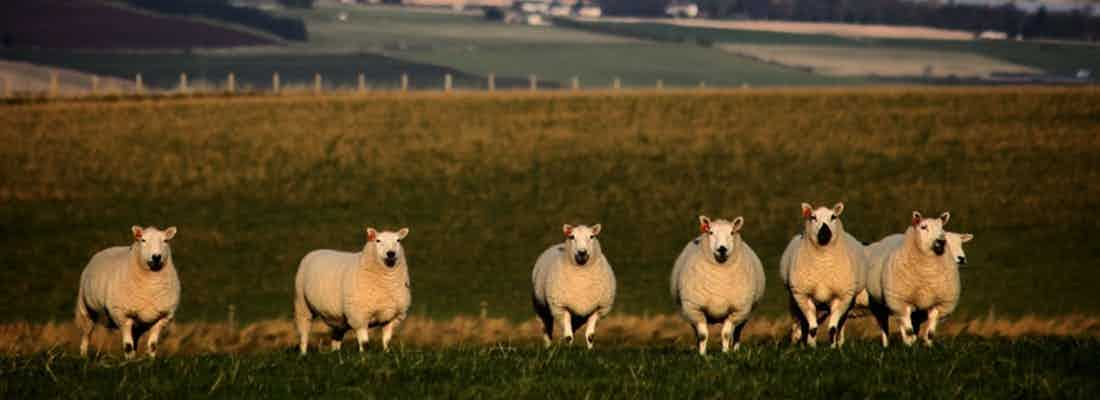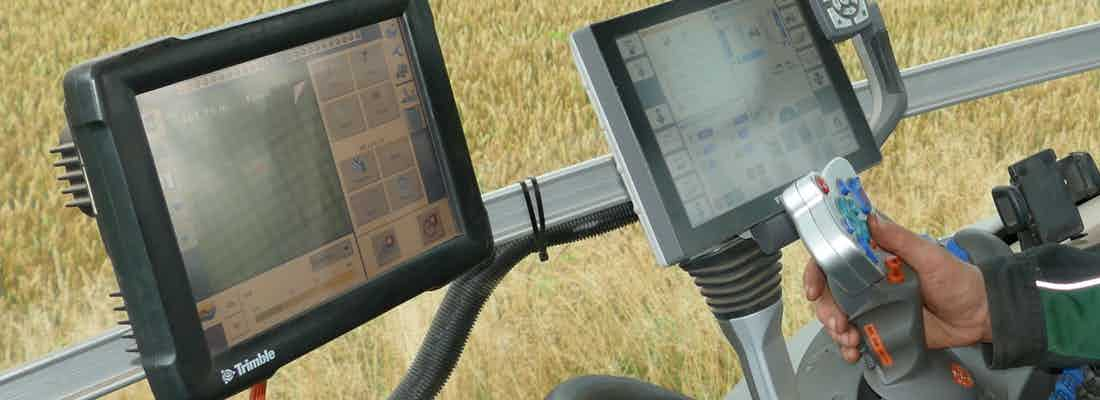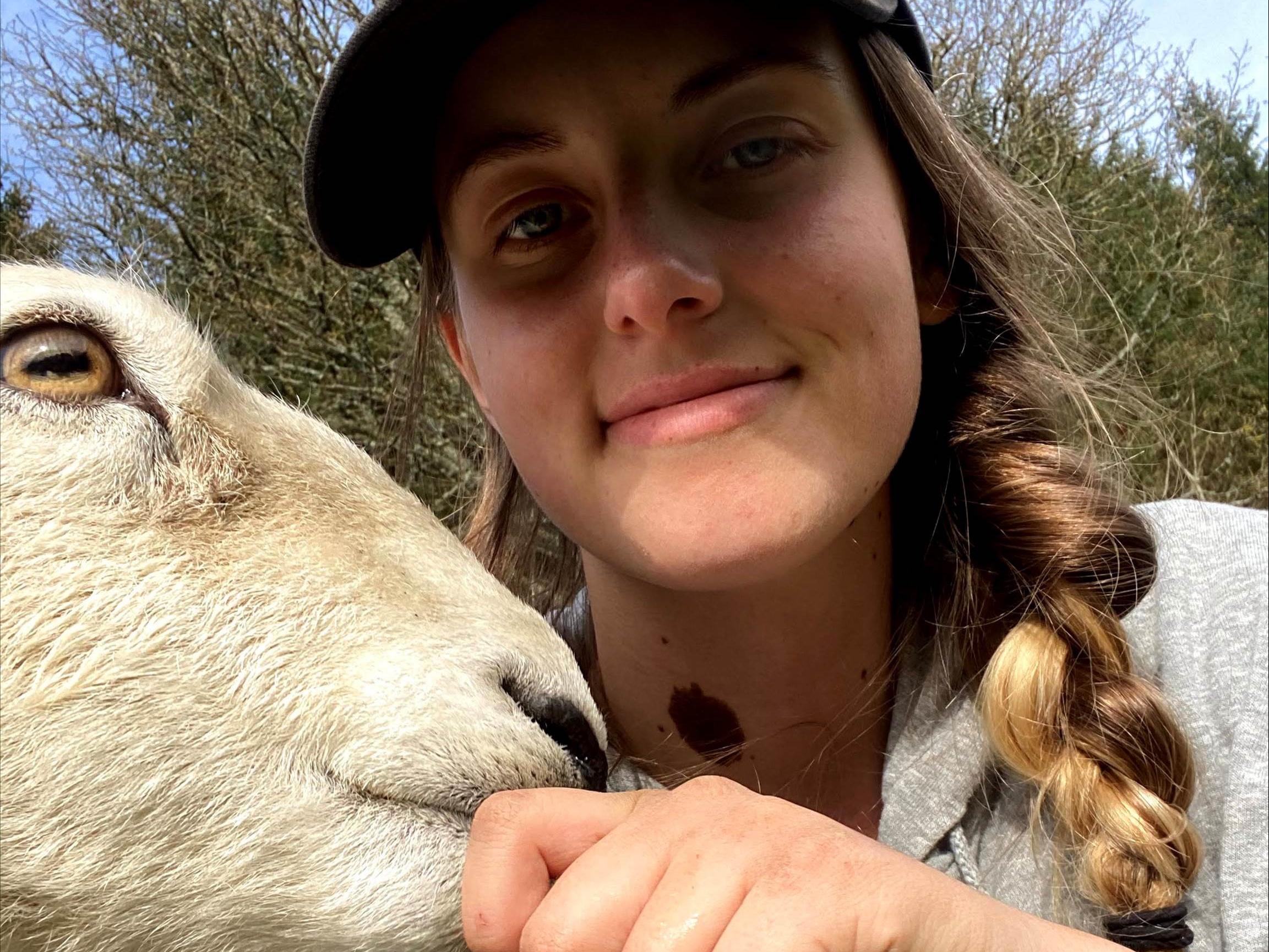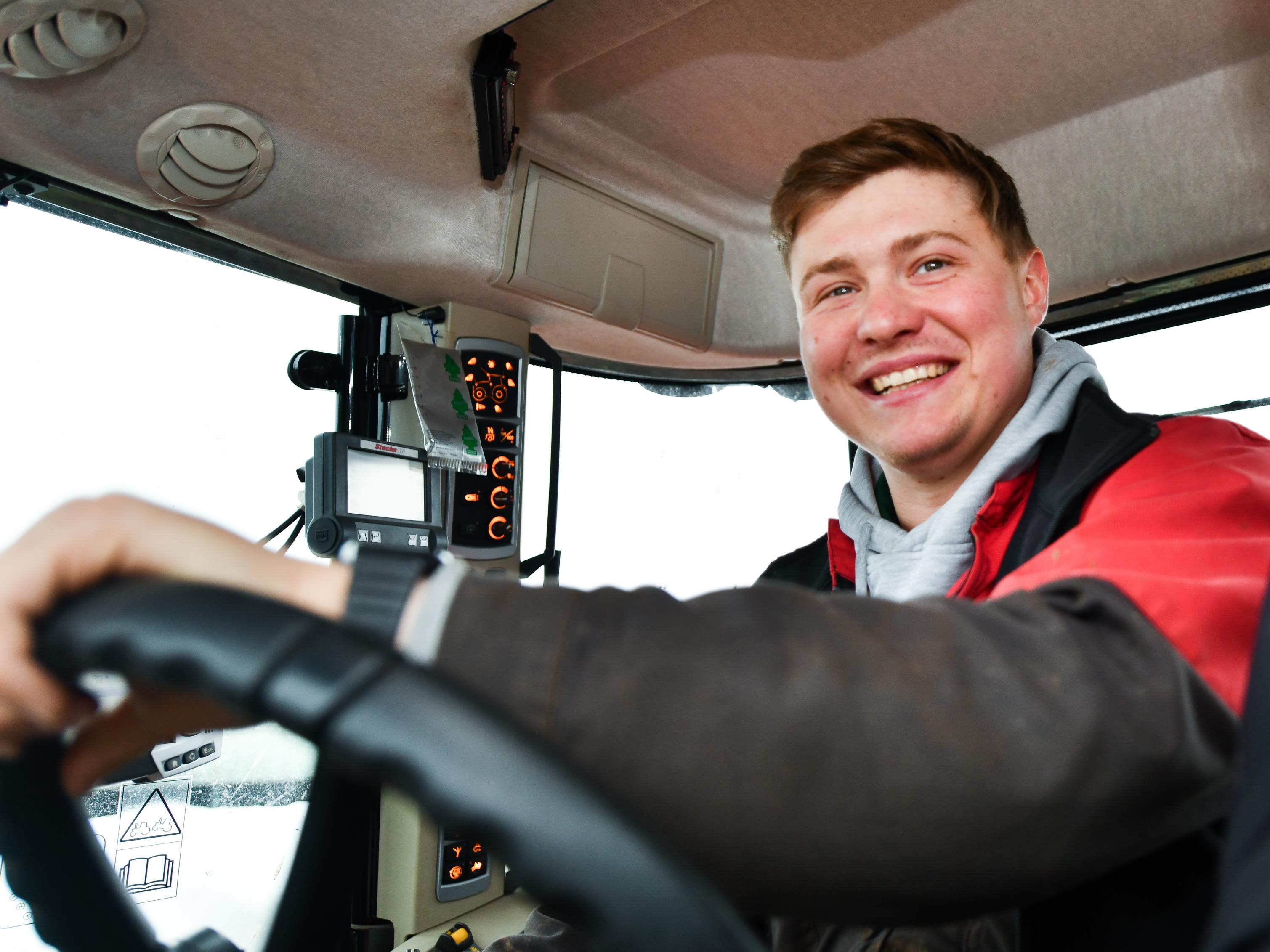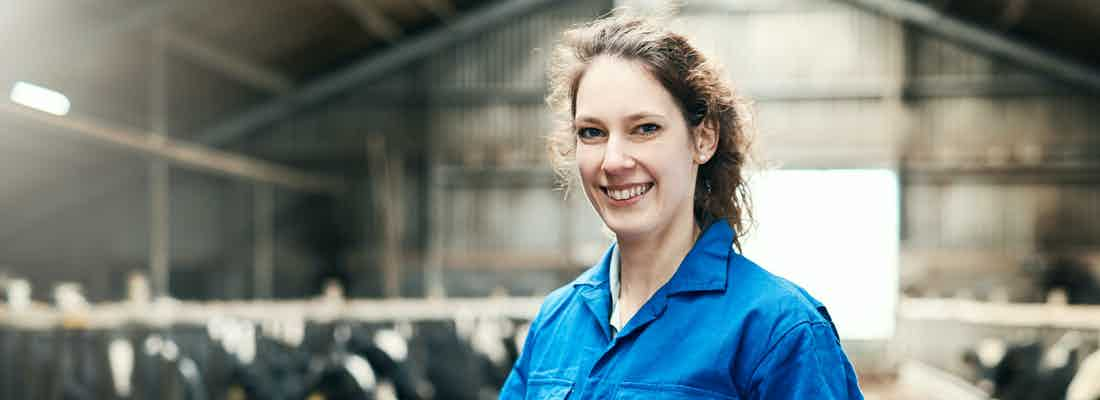
Egg Collector
An Egg Collector in the poultry industry collects eggs laid by birds. These are mainly laying hens which are especially reared for this purpose, but ducks, geese and turkeys may also lay eggs for the food chain.
Egg producing birds are known as ‘layers’ and can continue laying from 20 until 70 weeks of age. Poultry producers usually purchase their layers or birds from other breeder farms.
There are various systems of keeping laying hens. Some will be kept in enriched cages, which provide more space and include a nest, litter, perch and clawing boards, others are kept free range in barns or free range systems in field paddocks where they can roam and behave naturally.
Birds producing hatching eggs are generally kept in controlled environment open housing.
It is the role of an egg collector to find and collect eggs according to the farming system. Eggs may be sold directly into the food chain, or hatched to produce young birds.
Working Conditions
Egg Collectors generally work as least 39 hours per week, but this may be in the form of shifts.
Early mornings, evenings and weekend work are all common. There are also options for part-time and casual work.
Salary
Salaries vary with experience, qualifications and between companies, but here's a guide to what you can expect.
£14,000
£18,000
Getting started
To work in the poultry industry you will need to like working in close proximity to birds.
New entrants would attend short training courses to ensure they are trained to the minimum standard as set by the British Poultry Training Initiative.
What experienced workers can do
- Monitor and maintain health, safety and security in the workplace
- Operate a power vehicle
- Maintain site biosecurity
- Assist with maintaining egg production
- Assist with establishing egg production
- Prepare eggs for transport
- Collect eggs
- Grade eggs.
Personal qualities you should have
- Good timekeeping
- Good attitude to work
- Attention to detail
- Safety awareness
- Work on your own
- Flexibility.
Next steps
With further training and experience, an Egg Collector could gain promotion to a Stockperson, or an Assistant Farm Manager.
Due to the size and structure of the poultry industry there are many opportunities to progress and move between farms and companies.
The British Poultry Training Initiative keeps a record of all the training you have completed, similar to a CV, called the Poultry Passport. This can be accessed and updated as you progress through the industry and between poultry industry employers.
Industry links
British Institute of Agricultural Consultants
National Farmers Union Scotland
Scotland’s Farm Advisory Service
